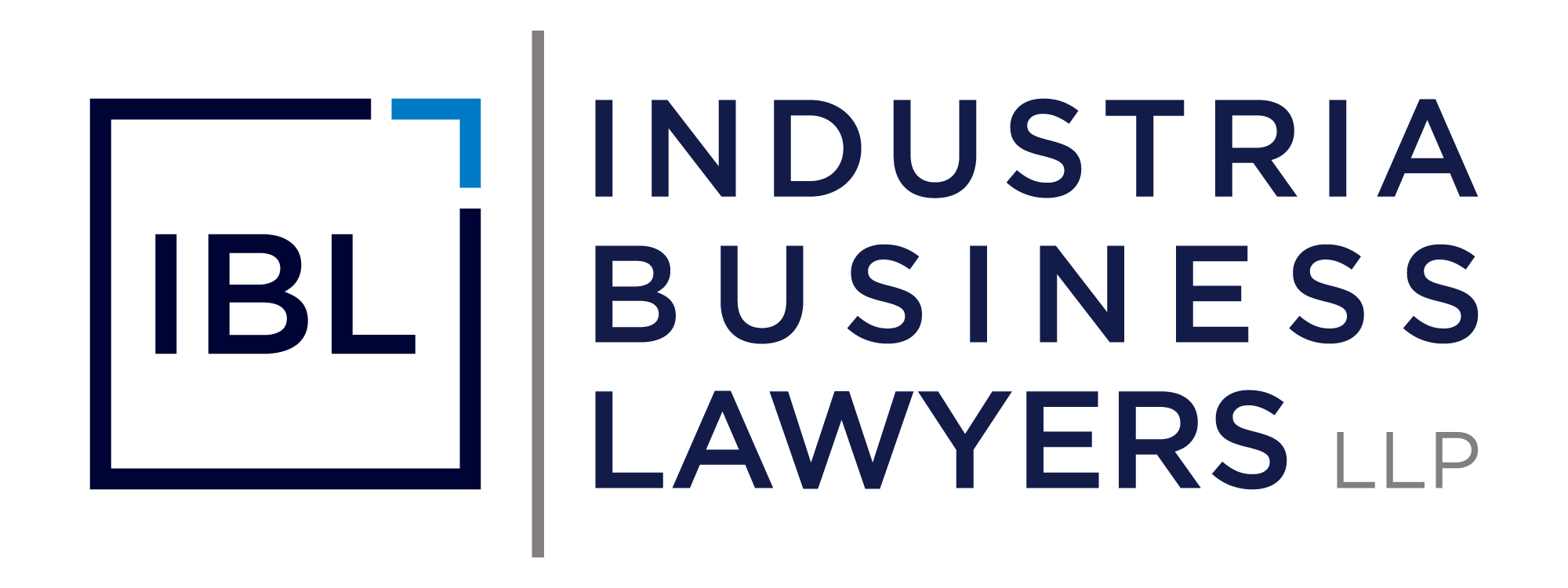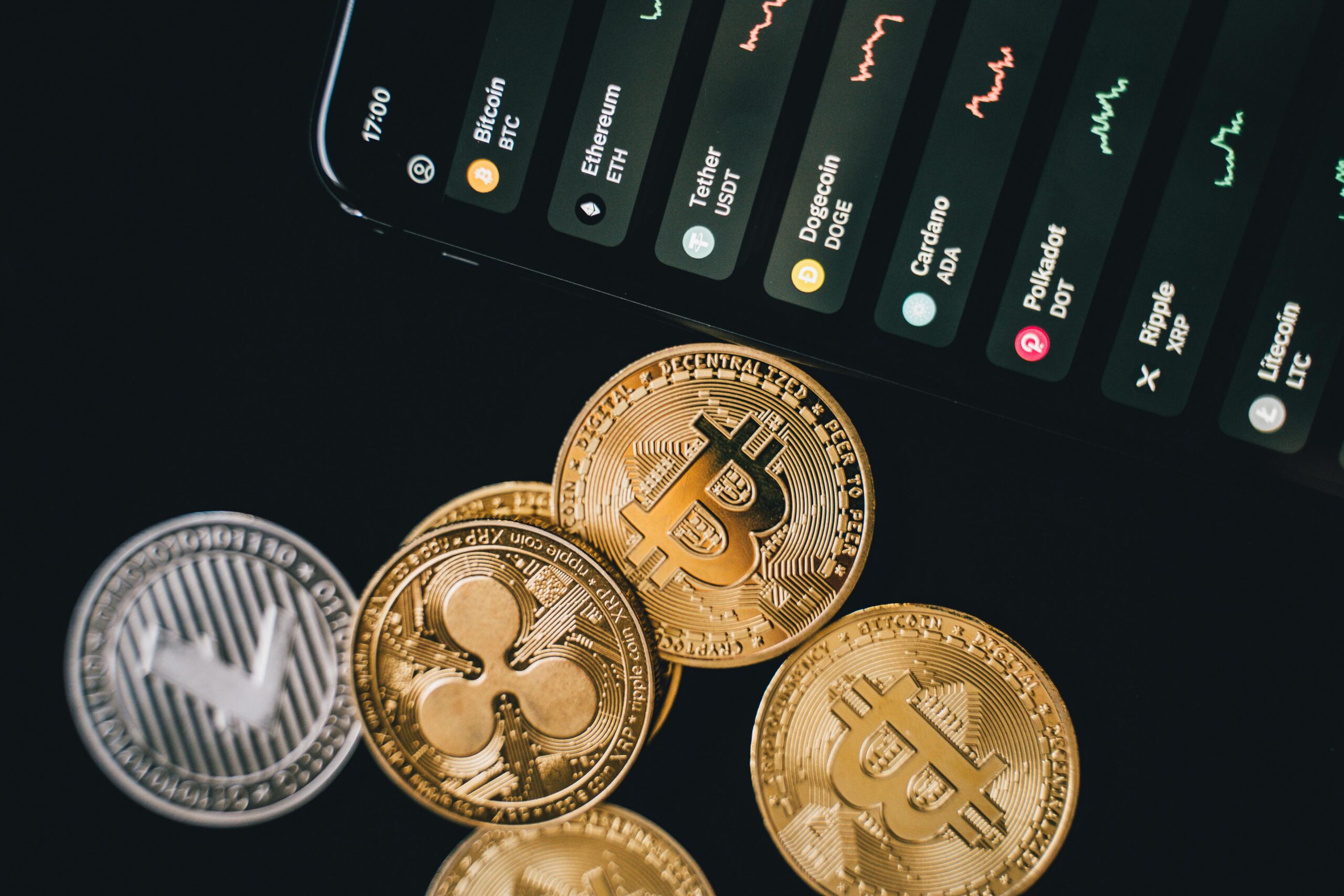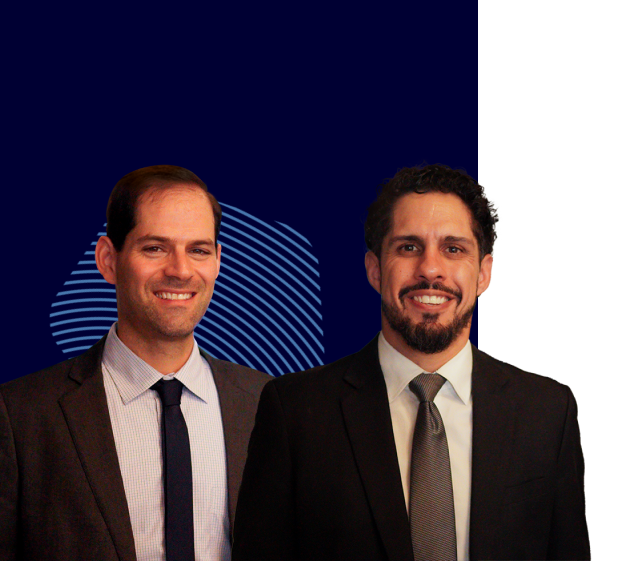The following is an interview between our Business Development Manager, Allys Benitez (AB), and Laura Cole (LC), Counsel & Director of Business Development at IBL, a distinguished legal expert specializing in blockchain and Web3 technologies. Her dedication to both her professional and local communities is evident through her positions on the City of West Palm Beach Nuisance Abatement Board and as a Legacy Board member for the Be More Like Claire Foundation.
Laura’s career seamlessly integrates her deep legal knowledge with cutting-edge technology, making her a key figure in navigating the complexities of the blockchain space. In this interview, Allys and Laura explore her journey to IBL, discuss her motivations for engaging with the blockchain sector, and uncover her views on the current opportunities and challenges in cryptocurrency. They will also delve into common legal issues faced in the blockchain world, provide advice for startups dealing with regulatory landscapes, and highlight emerging trends in Web3.
AB: Can you share more about your journey to IBL?
LC: I got into IBL because I was part of a community in South Florida called Web3 Equity. It was about women’s engagement in Web3. We launched an NFT with Mayor Suarez, and it was a really cool initiative. We did a lot of education and onboarding, and I was doing a bunch of talks for the different programming there. One of our mutual friends saw me speak and knew that IBL was looking for counsel and made the connection between Alex, the managing partner. From there, we just kind of hit it off and ran.
AB: How long have you been with IBL?
LC: Since February of 2022.
AB: Speaking of your journey, what initially drew you to the blockchain and crypto space? And how did your career in law pivot towards technology?
LC: When I first started practicing, I was in tax law, and then I moved to South Florida and started doing environmental law, which is where I thought I always wanted to be given that I grew up on a farm. I thought an agricultural practice would be the best way to honor my farming background without actually having to be a farmer. Then I got down here and realized it was very politically intertwined, and I was actually hurting farmers more than I was helping them because of new political stances, and a new governor got hired, and that got really complicated. I was getting pretty jaded with my day job, and I started just going to events in Miami after work, talking to founders; for example, the founder of Wearable was at some coffee shop on a Tuesday. I’m just in a room talking to them about what they’re building and other builders and definitely just being a sponge. Trying to learn as much as I could, asking a lot of questions, and then offering what I could given that I wasn’t that deep into the tech world. I think one of the great things about Web3 is that it really rewards hands-on learning, meaning that everyone has something to contribute to this space, and if you just contribute what you can, you’ll get a wealth of knowledge right back. That’s what I did. I helped early stage founders with their contracts and early stage founders understanding their white paper and some friction with SEC issues right off the bat. They immediately were grateful and were happy to educate me a little bit more on the technical aspects of blockchain.
AB: That’s great. I know so much is always changing in the crypto space. So looking at the current landscape. What do you see are the current biggest challenges and opportunities in that sector?
LC: I think we’re really just seeing this boom happen. Now that we’ve got institutional buy-in. The ETFs are approved. This is more established. This isn’t just an ‘Oh, what’s that thing?’ This is definitely something that the industry is paying attention to, and Web2 is dipping their toes and whole bodies into now. It’s exciting because there’s a lot more interest, stability, and foundation for what’s being built. I think we’ll see big strides being made in terms of how we look at digital assets, how we build out digital assets, and how we intertwine digital assets into our already existing digital footprints.
AB: What do you see as the most common legal issues or challenges that you typically encounter in the blockchain space?
LC: I tend to hang out with a lot of developers. I’m very feet on the ground. So I think the biggest question I get from them is, I want to launch a token. How do I do it? Or, I launched a token; am I in trouble? or I own a bunch of meme coins, what’s the issue? Am I going to be in trouble? Or I tweeted this: Am I going to be in trouble? On a ground level, it’s like people want to know, are they going to get in trouble for what they did or what they want to do? Which isn’t so scary if you just kind of build thoughtfully. But this is definitely a space where people build first and ask questions later. So they get themselves into a lot of trouble; if they’re not paying attention, or if they’re kind of not thinking about the big picture on day one, you can definitely find yourself needing a lawyer really quickly. So I think one of the biggest hurdles is just understanding what you don’t know and how impactful it can be.
AB: When you’re advising startups, what’s your top piece of advice for navigating any complex regulatory landscape?
LC: My biggest piece of advice is to build thoughtfully. Law doesn’t have to be so scary, and it can feel like a really overwhelming feat or really overwhelming concept to build into this really great idea that’s your baby, that you care about, that you’re trying to build out. My thing is, just build thoughtfully. You don’t have to do 100% of all the legal questions, day one. You can piecemeal and cover yourself along the way, and as long as you keep touching base with kind of your next level up. ‘We got through this fundraiser’, now let’s use a chunk of this to go back and assess maybe these areas of risk we allowed to be a little bit heavier during this stage. Let’s touch base with them again to make sure we’re pacing ourselves so that we don’t build out this huge thing, and now we need to go and undo a lot of it because we didn’t assess the right legal risks at the right time. I think building thoughtfully and pacing it along the way makes it a lot more palatable, less stressful, and it provides comfort without breaking the bank.
AB: What would be step one in building thoughtfully?
LC: I think any founder needs to have a good conversation with a finance guy, a lawyer, and VCs. You need to understand where you’re going and what your expectations are when you’re trying to get there.
AB: For companies developing their blockchain and Web3 strategies. What do you think they should focus on to build a robust and effective approach?
LC: Community is still the name of the game in crypto and Web3. Community drives community; are you able to use it? We’re not quite to where everyone’s using crypto in a forward way. I think we’re starting to see more crypto or blockchain being used on the back end. We’re seeing this mullet phase come out where it’s Web2 in the front, Web3 in the back, which is fine. That’s a great entry point. That’s a great backbone. No one really; most people don’t know how the Internet works, and you don’t need to; you just need to know I am using the internet, and this works how I expect it to work, but there’s not an expectation in crypto or blockchain for something to work in any way unless you’re in it. Then when you’re in it, you’re making jokes about all the ways that it’s not working and all the 10 extra steps to do this one thing that you find you have to do because you need that mean coin or you need that NFT or you need to be part of this down. I think building something that has true utility or usability is key, but I also think it’s super community-driven still. And that’s really not going to change because that’s part of the ethos of crypto: this decentralized ability to collectively gather and make things happen.
AB: Are there working trends or technologies and Web3 blockchain or crypto that excite you the most?
LC: Yeah, I’m seeing some really interesting stuff happen with DePIN, which is decentralized physical infrastructure, and I think that that’s exciting—anything to build a better infrastructure for the world that we live in physically or digitally. I think DECI is also getting its moment a little bit where we’re kind of rethinking these really archaic ways of getting research done productively and effectively. DAO’s are a great way to still have that filter, that community, that credibility, and the respect while not having some of the same barriers. I think digital privacy is definitely the name of the game. So we’re seeing a lot with zero-knowledge proof and privacy chains. Those come with them, a lot more analysis in terms of regulations, you are complying with or maybe not complying with, and that’s the problem. So, I think maybe the most VC-interested stuff is definitely the use of privacy, maybe a little AI peppered in, but privacy and zk proof are where the big money is going, but the culture is going towards DePIN and DECI and solving social issues.
AB: Thank you so much for all that insight. It was great to know a little bit about your experience, your journey here, and what the future will be like for crypto, but now we want to know a little bit about you personally. Are there any hobbies you have outside of law?
LC: I am a bit of a Texas hold’em poker player. I’m a two-time champion, and I’ve been in the World Series of Poker twice, and I was able to cash into official WSOP events.
AB: Wow, mic drop. That’s the best hobby I’ve heard so far!
LC: It’s definitely my funnest one because I don’t tend to play at casinos that often unless I’m at the WSOP. So I end up at these bars just with strangers drinking, having a good time, and smoking them in poker.
AB: I love that. Thank you so much. We really appreciate your time today.


